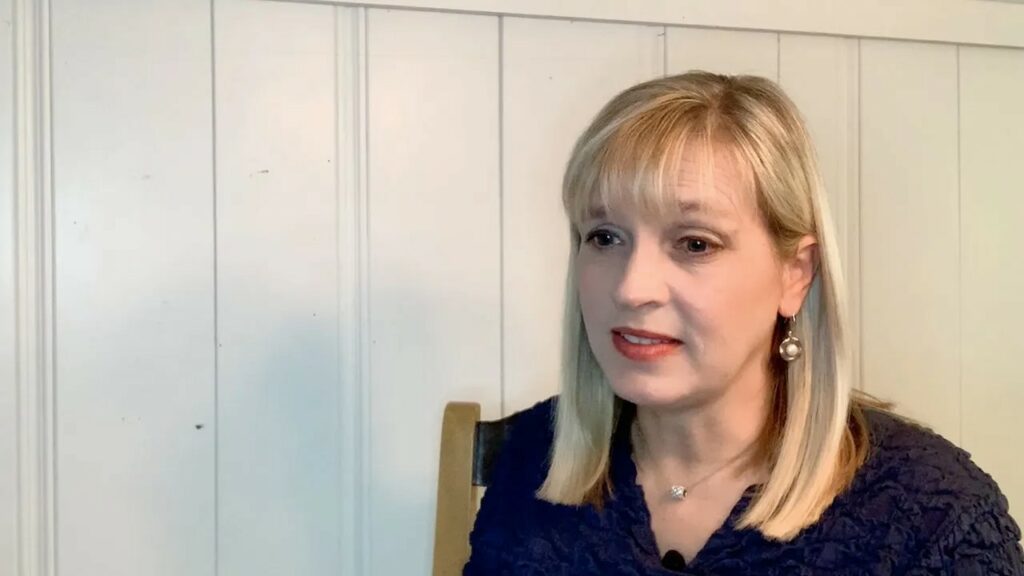Your care team in the hospital will work with you to decide when the time is right for your child to go home. Getting ready to discharge home is an exciting step! It means that your child’s health is stable and it is safe for them to leave the hospital.
At first it may feel overwhelming to think about bringing home a child who has spent weeks or even months surrounded by advanced medical equipment. Know that your care team will be there to support you every step of the way.
As you prepare for discharge, the two major things you need to focus on are developing the skills to care for your child at home and learning where to find help after discharge.
The care team will start working with you while your child is still in the hospital. They have a lot of experience with parents in your situation, and they know what skills you will need based on your child’s condition.
You should feel confident knowing that even though you will no longer physically be at the hospital, there are still many people invested in your child’s health and wellbeing. Your care team will continue to be a resource for your family after discharge, and they will help you create the network you need for practical and emotional support.
What to Expect When You’re Preparing for Discharge
Where Will I Learn?
The acute care unit is where you will learn most of the practical caregiving skills you need to go home. Of course, throughout your child’s stay in the hospital you will be learning a lot of new information about your child’s condition, and you have the opportunity to ask questions any time.
How Will I Learn?
You will learn through one-on-one teaching by the care team along with guided opportunities to start providing your child’s care.
Who Will Teach Me?
Nurses and possibly other core members of the care team will teach you. There will be a gradual shift from the nurses providing most of your child’s care to you participating more each day in anticipation of a smooth transition home.
What Will I Learn?
Most hospitals have a discharge checklist that generally includes learning how to feed your child, change your child’s diapers, help your child bathe and go to the bathroom, change their bandages, and monitor incision sites. You will also learn your child’s medication schedule and participate in giving medications.
Tips for Learning Basic Skills to Care for Your Child at Home
Checklist of Topics to Discuss With Your Care Team
PARENT TIPBuilding Emotional Strength and a Support Network
During discharge planning you are primarily focused on practical skills, but your state of mind is equally important. It’s common for parents to feel nervous about becoming their child’s caregiver after receiving such comprehensive care from well-trained medical professionals. You might wonder how you can be qualified after relatively brief instruction sessions. So how can you prepare emotionally?
Emotional support is so important for families during and after a hospital stay of any length. Ask the social worker if they can help you connect with other CHD parents or a local support group. It can be very helpful to reach out to another parent if you are struggling to find your confidence as your child’s primary caregiver.
Starting early in your child’s hospital stay, ask your care team for support, information, and education. Make it a point to ask questions with each interaction you have with the care team. As you learn more and become more comfortable, asking questions will get easier. The goal of asking questions is to reduce your fear and anxiety by gaining understanding, and to empower you to find support networks you may need when you take your child home.
FAQs
Shannon Feehan, Nurse
Alaina Kipps, Physician
Rachel Kotheimer, Parent
Theresa Tacy, Physician
See the full list of contributors to the CHD Care Compass
Last Update: November 2, 2021Mended Little Heart Guide’s forms to make a list of your child’s medications, physicians and other care team members
Video on how to check your child’s heart rate
Video on how to insert a feeding tube
Video on giving medications to children
